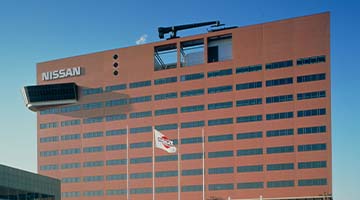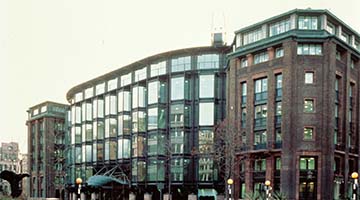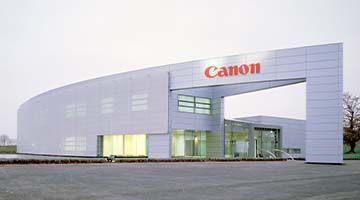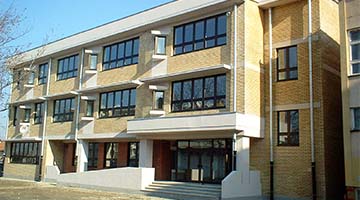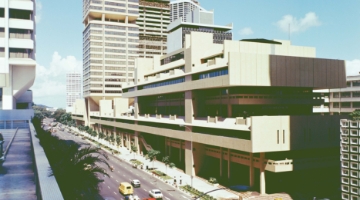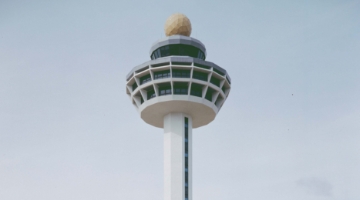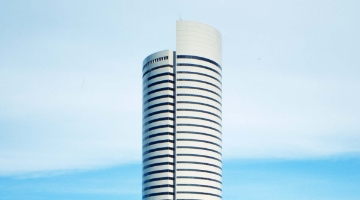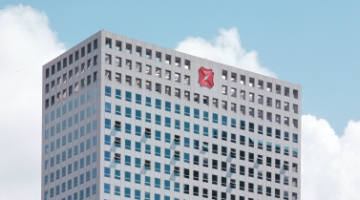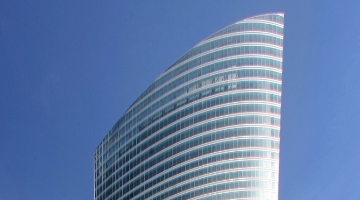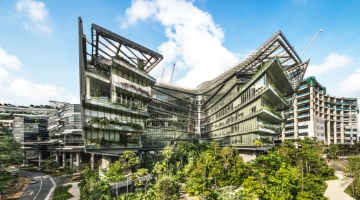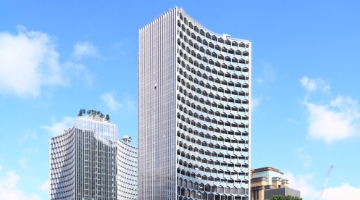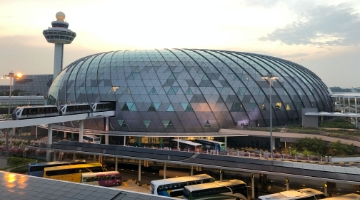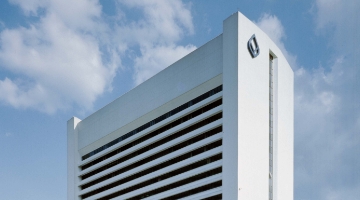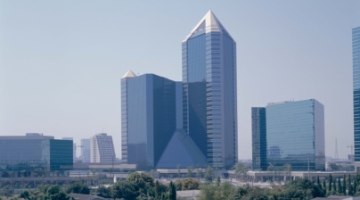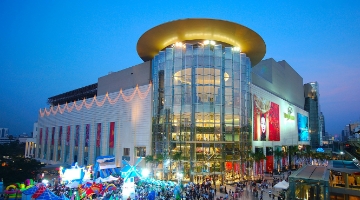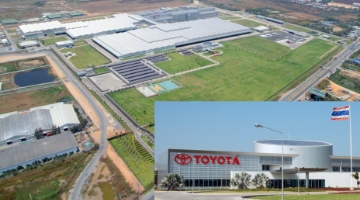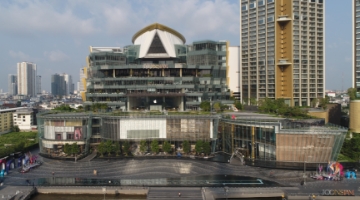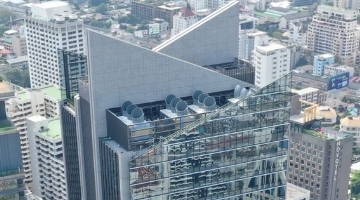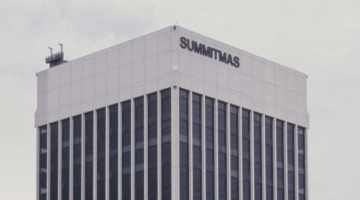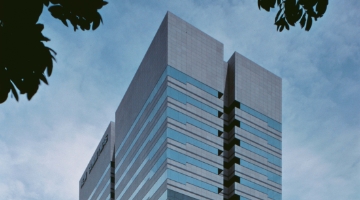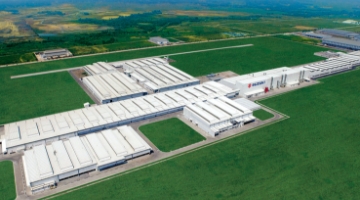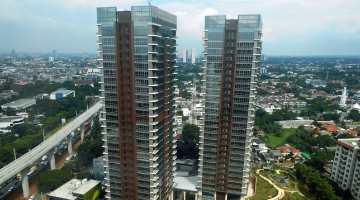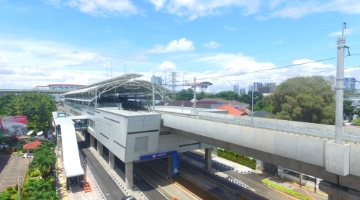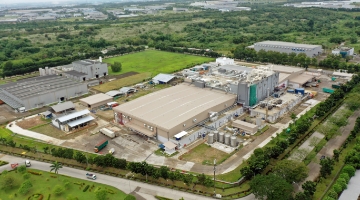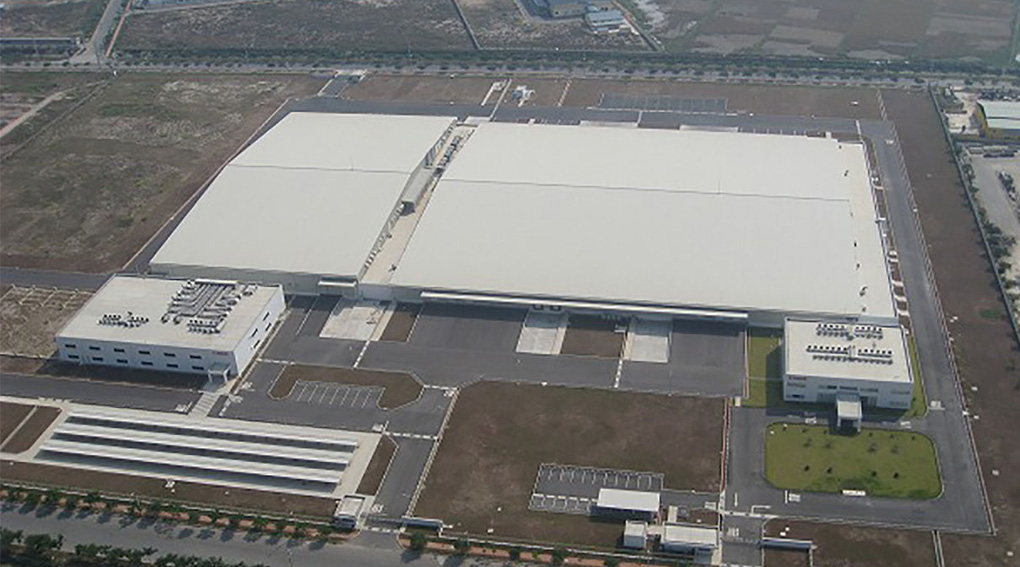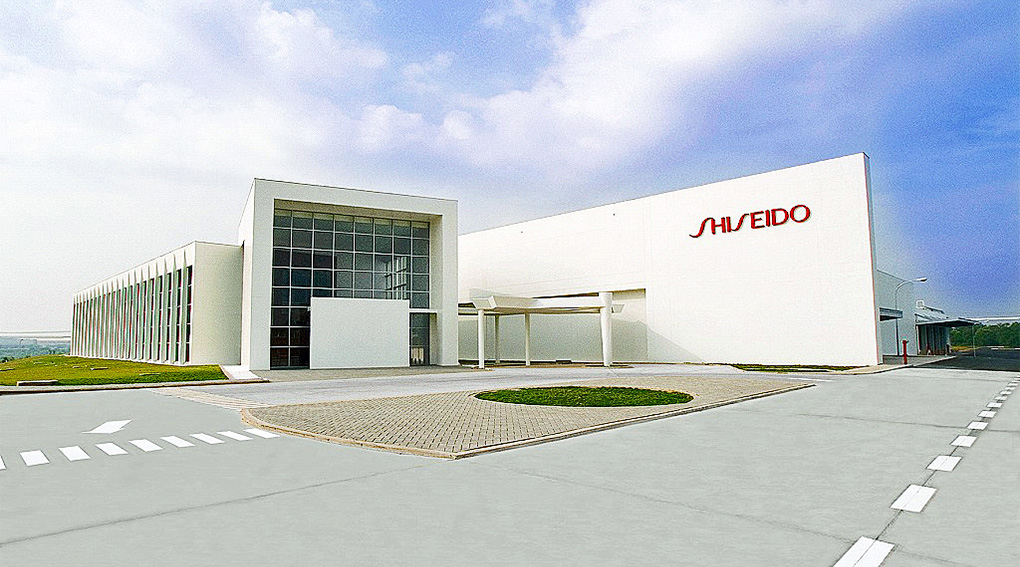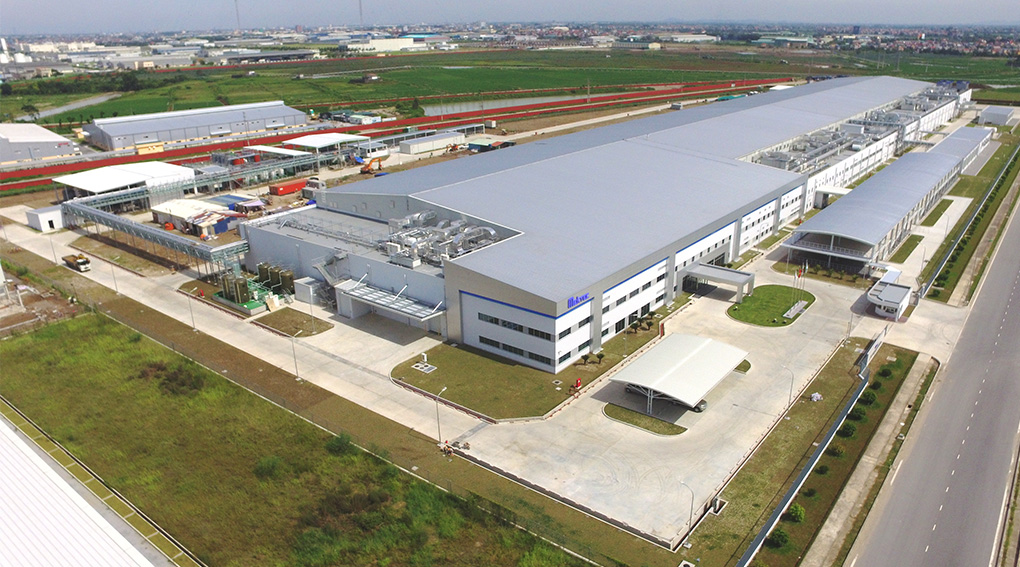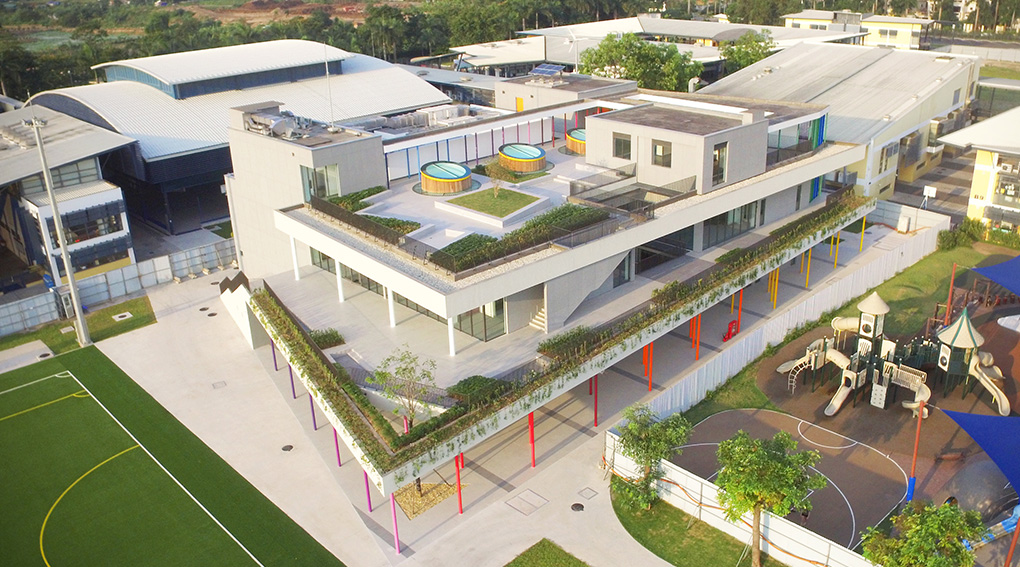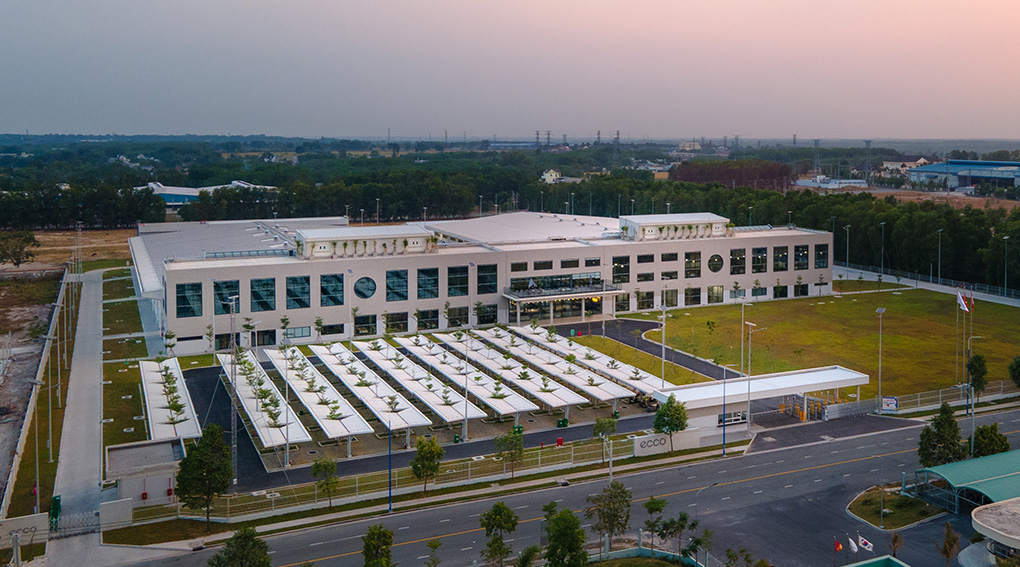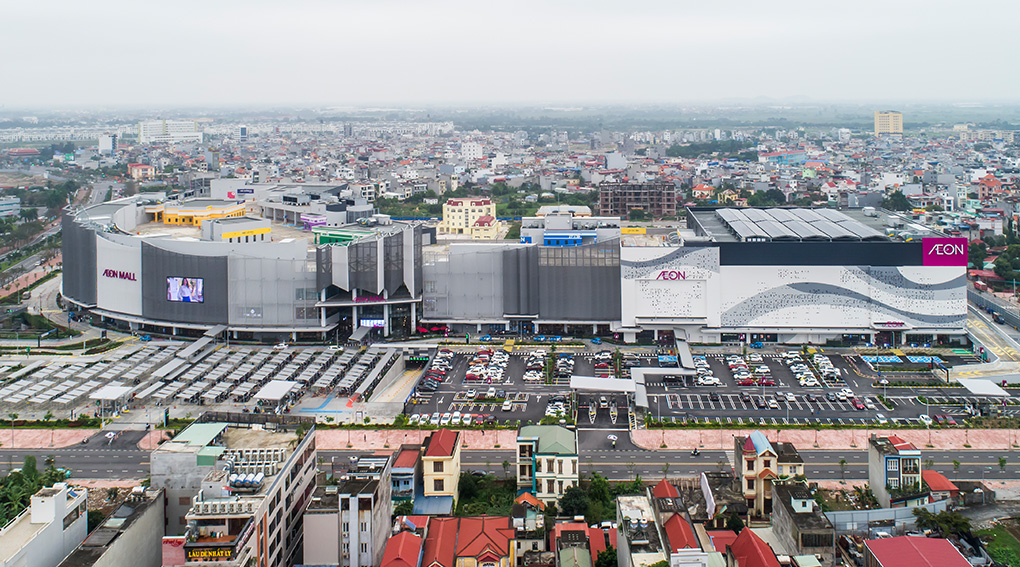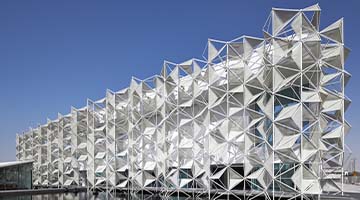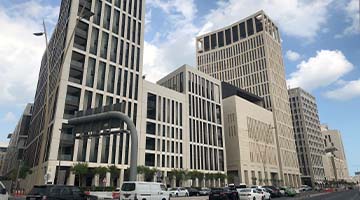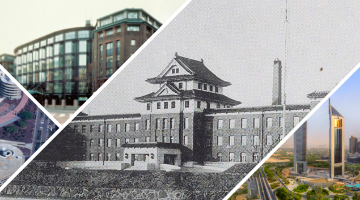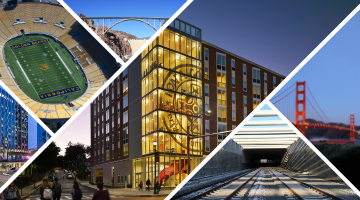Since the 1960s, Obayashi Corporation has been localizing companies at each of its operating bases throughout Southeast Asia. In recent years, the company has been building its book of business through collaboration with local and global companies in each country.
In Europe, the company has expanded operations through projects in support of the global expansion of Japanese companies. The company’s track record includes constructing buildings for the European head offices of several major corporations. The company can also take pride in a strong record of success in Oceania, including the construction of Stadium Australia, the primary venue of the Sydney Olympics. Obayashi’s current focus is on expanding into the public infrastructure sector. Meanwhile, in the fast-growing Middle East, the company is moving ahead with a number of large-scale projects.
Asia-Pacific Regional Headquarters
The roots of the Asia-Pacific Regional Headquarters can be traced all the way back to 1942, when the Syonan Office was established in Singapore (later renamed as the Singapore Office). The Overseas Business Division was later set up in Tokyo in 2008 to oversee projects in Asia, which were divided into civil engineering (per-project basis) and building construction projects. The closure of the Overseas Business Division in 2019 coincided with the new establishment of the Asia-Pacific Regional Headquarters in Singapore. The Headquarters are responsible for formulating strategies, project advancement, and development throughout the entire Asian region as well as Oceania and the Middle East.
-
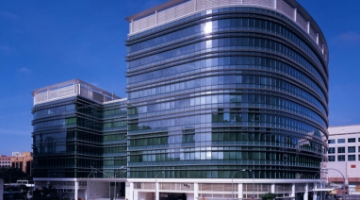 2002
2002Singapore Mass Rapid Transport North East Line Dhoby Ghaut Station
(Dhoby Ghaut Station) -
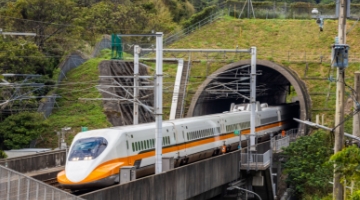 2006
2006Taiwan High Speed Rail Project Civil Works Contract C210 & C215
-
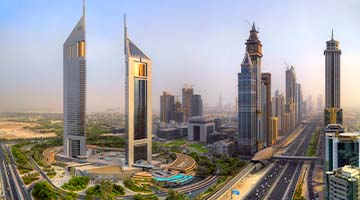 2011
2011Dubai Metro Project
-
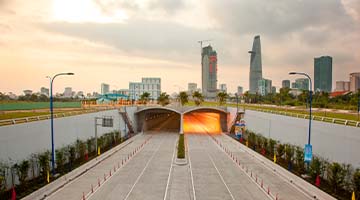 2011
2011Thu Thiem Tunnel (Saigon River Tunnel)
-
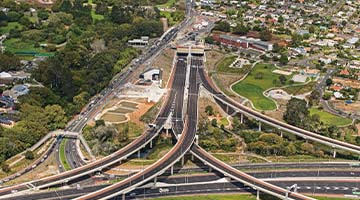 2018
2018Waterview Connection Tunnels and Great North Road Interchange
-
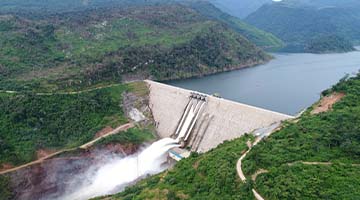 2019
2019Nam Ngiep 1 Hydropower Project
-
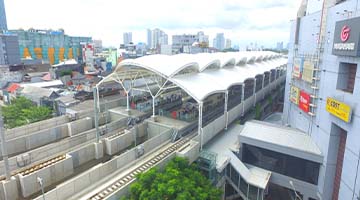 2019
2019Construction of Jakarta Mass Rapid Transit Project
(Jakarta MRT) -
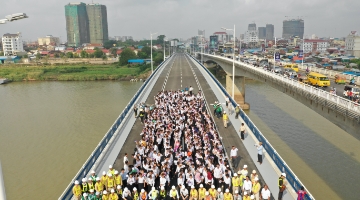 2019
2019Chroy Changwar Bridge
(Japan-Cambodia Friendship Bridge) -
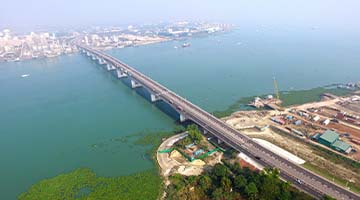 2020
2020Kanchpur, Meghna and Gumti Bridges
Oceania
-
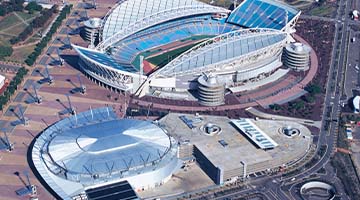 1999
1999Sydney Olympic Stadium
(Stadium Australia) -
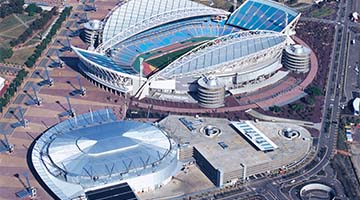 1999
1999Multi-Use Arena
(SuperDome) -
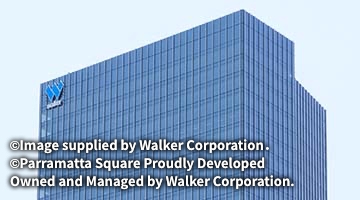 2020
20204 Parramatta Square
-
 2020
20203 Parramatta Square
-
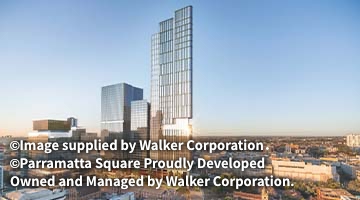
Conceptual image of project upon completion
20226&8 Parramatta Square (to be completed in April 2022)
Europe
The main Group companies managed by the Asia-Pacific Regional Headquarters are introduced below.
Obayashi Singapore Private Limited
Obayashi Corporation has been a presence in the Singapore construction industry since 1965. In January 2014, the building construction department of the company’s Singapore operations was incorporated as a wholly-owned local company. This company, Obayashi Singapore, handles a variety of projects, including office buildings and data centers. Its primary clients are Singaporean and global companies.
Thai Obayashi Corporation Limited
Since its establishment in 1974 through investments by Obayashi Corporation and local capital from Bangkok Bank and other stakeholders, Thai Obayashi Corporation has grown to become one of the leading construction companies in Thailand. The company has built an impressive series of projects, not only for Japanese clients, but also for local clients including the Thai Royal Family.
PT. Jaya Obayashi
PT. Jaya Obayashi was founded in 1972 as a joint venture, with investments from Obayashi Corporation and local contractor PT Pembangunan Jaya. Since then, the company has earned a solid reputation in both the building construction and civil engineering sectors through its participation in the construction of numerous factories, industrial parks, office buildings, and public facilities across Indonesia. In 1998, the company received ISO 9001 certification in recognition of having attained an even higher level of quality control, becoming the first Japanese construction company in the region to receive this certification.
Obayashi Vietnam Corporation
Obayashi Vietnam is a local subsidiary of Obayashi Corporation that was set up in 2006 to strengthen the company’s presence in Vietnam, a country that has seen growing demand for construction services. The company’s business is centered on projects for Japanese companies. Obayashi Vietnam has engaged in numerous projects, including the construction of large manufacturing facilities in Hanoi and Ho Chi Minh City.
Taiwan Obayashi Corporation
Shortly after Taiwan Obayashi’s establishment in 1990, Taiwanese government restrictions that were placed on foreign construction companies operating in that country limited the eligibility of Taiwan Obayashi to enter into big project contracts. These limitations were overcome through the strategic acquisition of a local company in 2007. Over time, Taiwan Obayashi established a strong foothold in Taiwan’s burgeoning construction industry. The company’s projects have included offices, condominiums, hotels, high-speed rail and subway stations, all of which showcase Obayashi’s advanced engineering capabilities which have been cultivated through years of experience, trust, and solid teamwork.
-
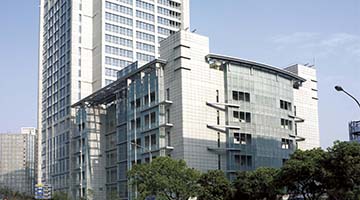 2005
2005Uni-President International Tower
-
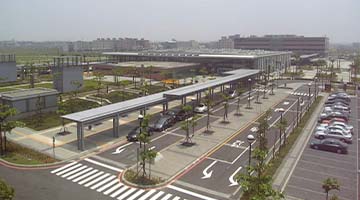 2005
2005New construction of Taoyuan HSR Station
-
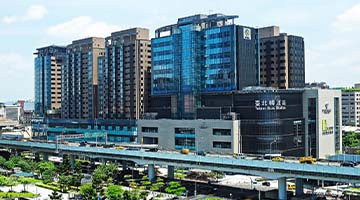 2009
2009Q-square, Taipei Bus Terminal
-
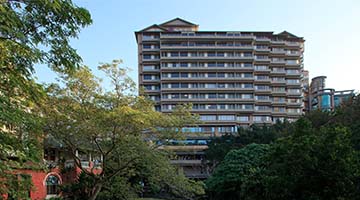 2010
2010Radium Kagaya International Hotel
-
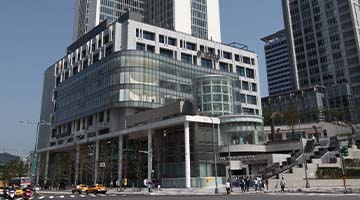 2010
2010Taipei City Hall Bus Terminal
-
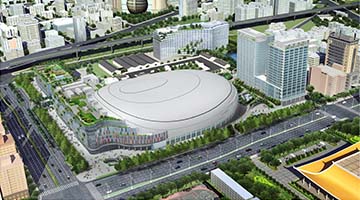
Conceptual image of project upon completion
2022Taipei Dome (to be completed in June 2022)
Obayashi Middle East Construction, LLC
Obayashi Middle East Construction was established in 2012 in the United Arab Emirates as a base for expanding business in the Middle East. In 2019, it was awarded a contract for the construction, demolition, and removal of the Japan Pavilion at Expo 2020 Dubai. The expo was postponed until October 2021, and the Pavilion was completed in April 2021.
Obayashi Qatar, LLC
Obayashi Qatar was established in 2012 to undertake projects, including private sector construction, in Qatar. In 2013, it was awarded the Msheireb Downtown Doha project in a joint venture with a local Qatari company, which was completed in October 2019. This project is for the large-scale redevelopment of the old commercial district of Doha, Qatar’s capital.

